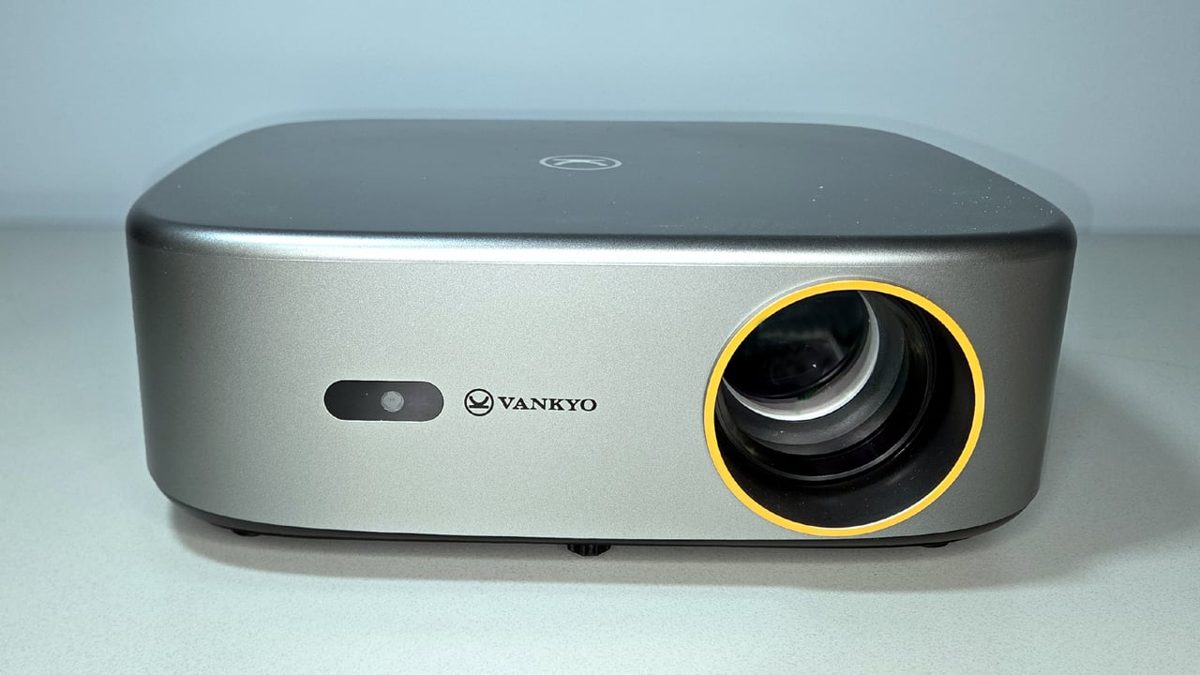
A groundbreaking study by researchers at Mass General Brigham has uncovered significant patterns in T-cell behavior within the tumor microenvironment during the progression of colorectal cancer. This discovery, published in Cancer Immunology Research, could pave the way for early detection and improved risk prediction of colorectal cancer (CRC).
Colorectal cancer precursor lesions, which are benign growths, can evolve into CRC over time through conventional or serrated pathways. Understanding the immune system’s response to these lesions is crucial for advancing knowledge of CRC development and potential treatments. The study focused on tracking T-cell distribution and behavior in the colorectal area as cancer progresses, revealing distinct patterns linked to cancer progression.
Insights from the Study
Dr. Shuji Ogino, the senior author and American Cancer Society Professor, emphasized the importance of the study’s findings. “Our study revealed differences in the immune microenvironment based on T-cell infiltration patterns leading to the development of CRC,” Ogino stated. “This new knowledge has the potential to help us detect CRC earlier by predicting risk.”
The research team utilized tissue samples from tumors that developed over decades, sourced from three large-scale prospective cohort studies. They performed fluorescent assays targeting immune system proteins and employed high-tech imaging platforms alongside machine learning to analyze 1,825 tissue samples. These included 790 precancerous lesions and 1,035 CRC samples.
“Understanding T cell patterns in precancerous lesions could help us detect CRC earlier, predict risks, and develop therapeutic approaches,” said Ogino.
Analyzing T-Cell Infiltration
The study identified significant variations in T-cell infiltration across the spectrum from normal tissue to precancerous lesions and cancer. Differences in T-cell types and densities indicated which precancerous lesions might be more likely to progress. Additionally, the spatial organization of T cells appeared to influence the immune response’s effectiveness.
Ogino highlighted the study’s broader implications, stating, “Much beyond that, this study is just the beginning of our prospective cohort incident-tumor biobank method (PCIBM)-based study of long-term, time-varying risk factors and tumor profiling of both colorectal precancers and cancers together. Such a comprehensive longitudinal study has never been conducted in human history. We are making history in this regard.”
Authorship and Disclosures
The study’s authors include a diverse team of researchers: Yasutoshi Takashima, Andressa Dias Costa, Naohiko Akimoto, Tomotaka Ugai, Phoenix Bell, Juha P. Väyrynen, Jason L. Hornick, Mari Mino-Kenudson, Yuxue Zhong, Satoko Ugai, Koichiro Haruki, Qian Yao, Kosuke Matsuda, Mayu Higashioka, Daniel D. Buchanan, Amanda I. Phipps, Ulrike Peters, Marios Giannakis, Mingyang Song, Andrew T. Chan, Charles S. Fuchs, and Jonathan A. Nowak.
Several authors disclosed potential conflicts of interest. Charles S. Fuchs is employed by Genentech and has served as a consultant for multiple pharmaceutical companies. Andrew T. Chan and Marios Giannakis have also received consulting fees and research funding from various organizations. However, the study was not funded by these companies, and no other conflicts of interest were reported by the remaining authors.
Funding and Future Directions
The study received support from numerous grants, including those from the U.S. National Institutes of Health (NIH) and the Cancer Research UK Grand Challenge Award. The research was also funded by the Prevent Cancer Foundation and the American Institute for Cancer Research. The funders had no role in the study’s design, data collection, analysis, or publication decisions.
Looking ahead, the research team plans to continue exploring the implications of T-cell patterns in colorectal cancer. Their ongoing work aims to refine early detection methods and develop therapeutic strategies based on these findings. As Dr. Ogino and his colleagues push the boundaries of cancer research, their efforts hold promise for transforming the landscape of colorectal cancer diagnosis and treatment.







